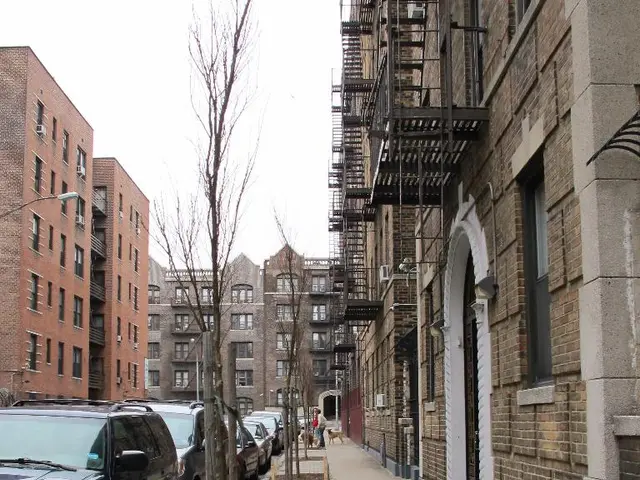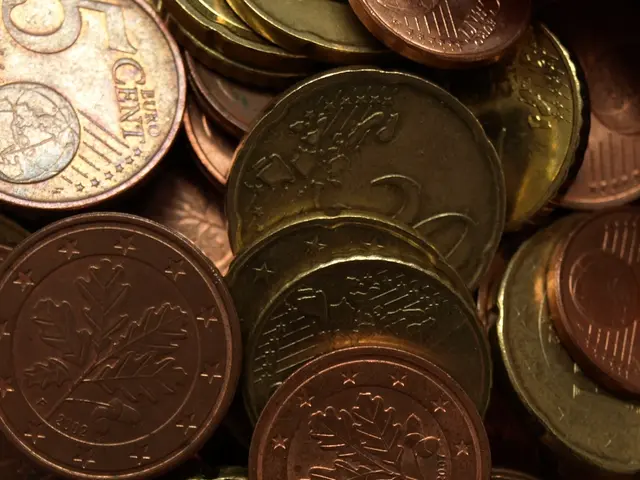Cryptocurrency upheaval is fermenting in Washington and New York's Wall Street
The United States is witnessing a significant shift in the financial landscape, with Bitcoin emerging as a prominent reserve asset. Companies like Strategy, Metaplanet, and GameStop have incorporated Bitcoin into their treasuries, signaling a growing acceptance of the digital currency.
This institutional shift is backed by recent regulatory clarifications and legislative developments. The U.S. Congress held "Crypto Week" from July 14 to 18, during which key laws defining the legal framework for digital assets and stablecoins were debated. The passage of the GENIUS Act, which establishes the first federal regulatory framework for stablecoins, is a testament to this willingness to integrate digital assets into the financial system.
The federal banking regulators, including the OCC, Federal Reserve, and FDIC, have issued clear guidance on crypto custody risk-management, providing banks with a concrete framework to hold crypto-assets, including Bitcoin, on behalf of customers. This institutional acceptance aligns with broader trends showing that over 70% of institutional investors have invested in digital assets by mid-2025, with a substantial portion holding spot cryptocurrencies like Bitcoin.
The political landscape is also supportive. Notable figures like Donald Trump have recognized this change, proposing that the US Treasury consider maintaining a strategic reserve of Bitcoin. Around 80% of Americans would support converting part of the country's gold reserves into Bitcoin, indicating a shift away from traditional assets.
Market indicators also show growing mainstream adoption. Crypto adoption is expected to surpass 10% of the population in 2025, signaling a move from niche to mainstream status. Public interest in Bitcoin remains strong, with the U.S. accounting for 25% of all Bitcoin search queries. Institutional players like Grayscale Investments are preparing IPOs with multi-billion dollar assets under management, further cementing Bitcoin’s role as a financial asset class.
Looking forward, continued legislative and regulatory clarity is expected to bolster institutional confidence and encourage wider reserve asset adoption, including Bitcoin. The U.S. aims to position itself as a global crypto capital with improved tax clarity and regulatory frameworks reducing barriers for institutional adoption.
In summary, Bitcoin is currently gaining robust acceptance as a reserve asset within the U.S. institutional ecosystem, backed by concrete regulatory frameworks and legislative support. The outlook is positive, with regulatory momentum and institutional adoption both expected to increase significantly throughout 2025 and beyond.
- As the financial landscape evolves in the United States, other digital assets might follow Bitcoin's lead in becoming reserve assets for institutions, considering the growing acceptance and regulatory clarity surrounding them.
- In light of the increasing enthusiasm among institutional investors for investing in technology like Bitcoin, adopting other burgeoning technological innovations for finances could become a trend in the near future.




